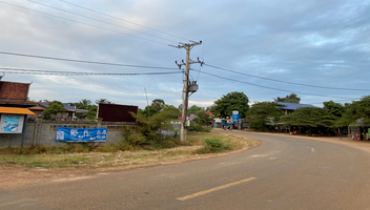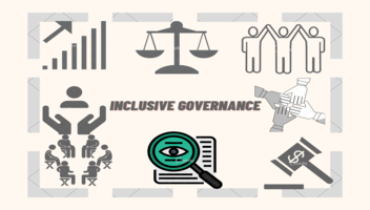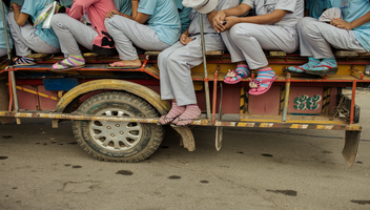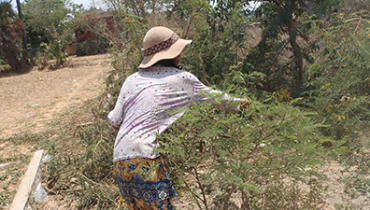Understanding Long-term Peacebuilding: Lessons from Cambodia and Mozambique

The context in which peacebuilding occurs has experienced a dramatic shift during the last two decades. Following the end of the cold war – which were formative years for the industry – civil wars/conflicts typically ended with a peace agreement, reconstruction began, and peacebuilding took place in reasonably controlled environments towards (some sort of) peace. Cases such as Cambodia, Haiti, Mozambique, East Timor, Guatemala, Bosnia remind us of this pattern.
In contrast, the last decade has been marked by cases in which peace agreements increasingly have been breached and violence does not stop when peace agreements are signed, but instead endures, evolves, and recurs despite ardent peacebuilding efforts. Democratization does not necessarily facilitate sustainable peace - peacebuilding can exacerbate existing, or produce new, exclusions and peacebuilding initiatives often suffer from lack of legitimacy among the local and national population. These failings endanger the implementation and sustainability of peace agreements and challenge the modus operandi of peacebuilding itself.
Project Objective
The overall objective of this study is to pursue in-depth analysis of two well-documented and “successful” cases and thus both address the long-term effects of intensive peacebuilding and identify weaknesses and vulnerabilities in its implementation. It will contribute to the contemporary shift in peacebuilding policy towards a more contextual, human-oriented, and inclusive approach that takes into account the lessons learned regarding the long-term processes instigated by peacebuilding interventions.
For the Cambodian case, the research task consists of understanding the particular dilemmas that peacebuilding is facing in the long-term under the assumption that the dimension of temporality adds a set of particular challenges. Political, economic and social structures that are pragmatically established in the early phase of post-conflict and reconstruction may in the long-term create tensions, obstacles and contradictions for the sustainability of the long-term peacebuilding.
Project Members
Other Projects

Local Leadership in Cambodia
Since the end of the war, Cambodia has undergone significant social, economic and demographic change as well as governance reform. In 2002,...

Building Capacities for Civic Engagement, Peacebui...
Over the past two decades, Cambodia has made significant economic progress, with growth being over 7%. The opportunity exists to underpin th...

Social Protection and the Gendered Impacts of COVI...
COVID-19 pandemic has caused severe disruption of the global garment industry such as manufacturing shutdowns, consumer lockdowns, order can...

Focusing a Gendered Lens on Climate Resilience, Cr...
This project is cutting-edge research with innovative that addresses cross-cut topics and disciplines in developing holistic interventions...




